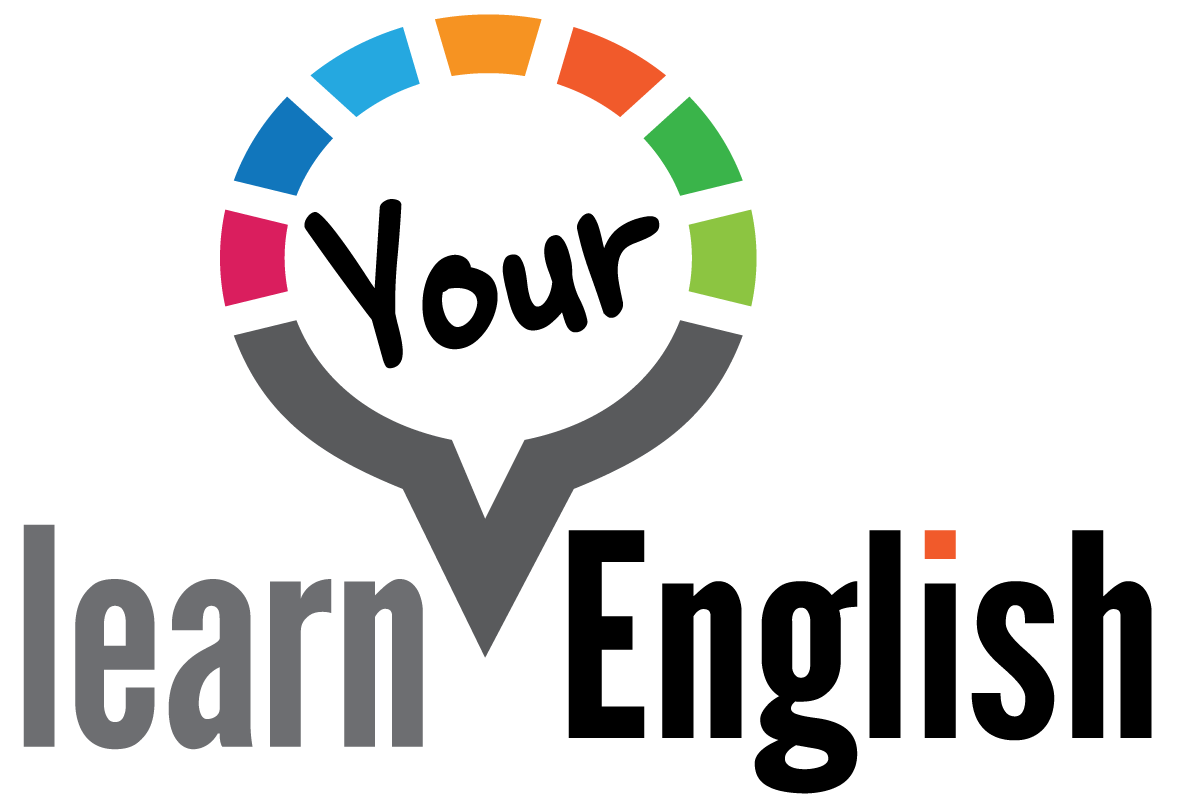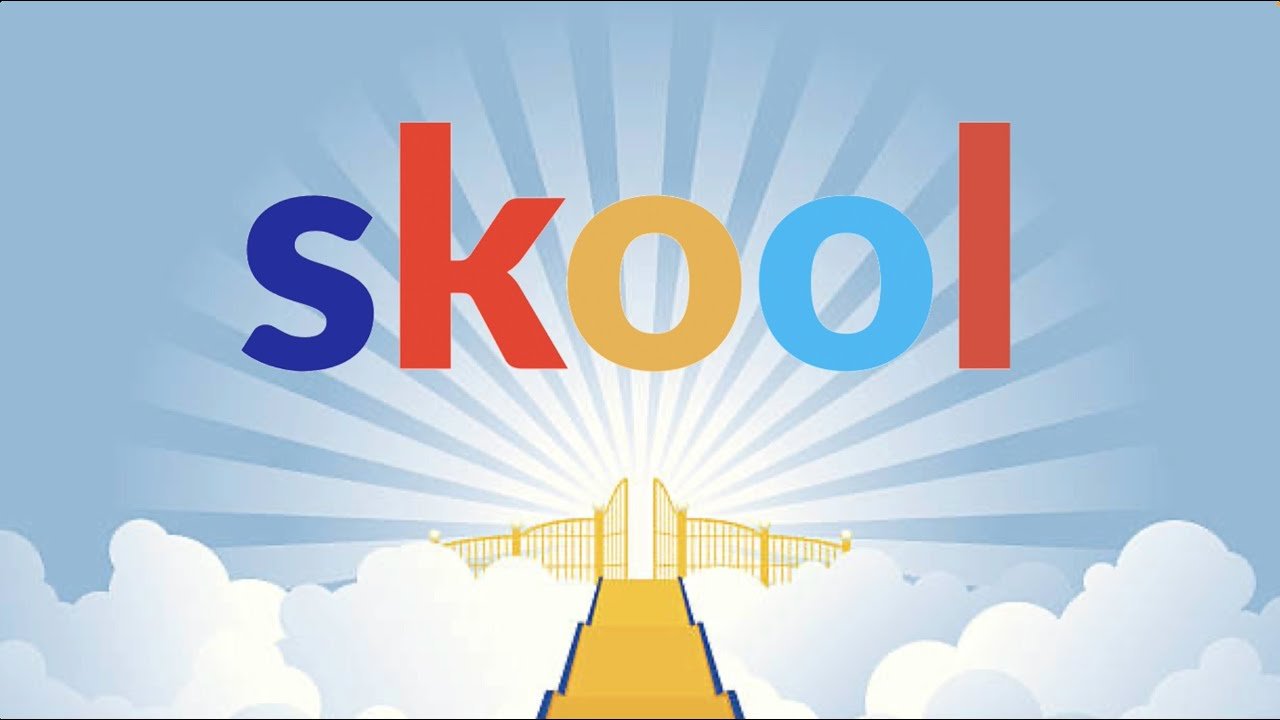Florencia Henshaw has a Ph.D. in Second Language Acquisition and Teacher Education from the University of Illinois, Urbana-Champaign, where she is now the Director of Advanced Spanish.
In this episode, Florencia discusses:
if people are born teachers
classrooms as artificial environments
why empathy is required for teachers to relinquish control in the learning process
how we should prioritize learner perceptions and attitudes
the backwardness of how most assessments are set up
strategies to scaffold and increase the presence of target language
how her new book helps teachers incorporate new SLA research into the classroom






















Subscribe to the Show
Teaching Talking Time is an English Language podcast aimed at teaching professionals and learners. Leo, Mike, and Andrew bring you discussions, interviews, and debates on English language training and learning. From approaches, misconceptions, and successful and failed case studies, each episode is dedicated to their vision: continual growth. They interview teachers and learners from around the world, and also debate the merits of common teaching approaches.
We release two episodes a month: one for teachers and one for students.